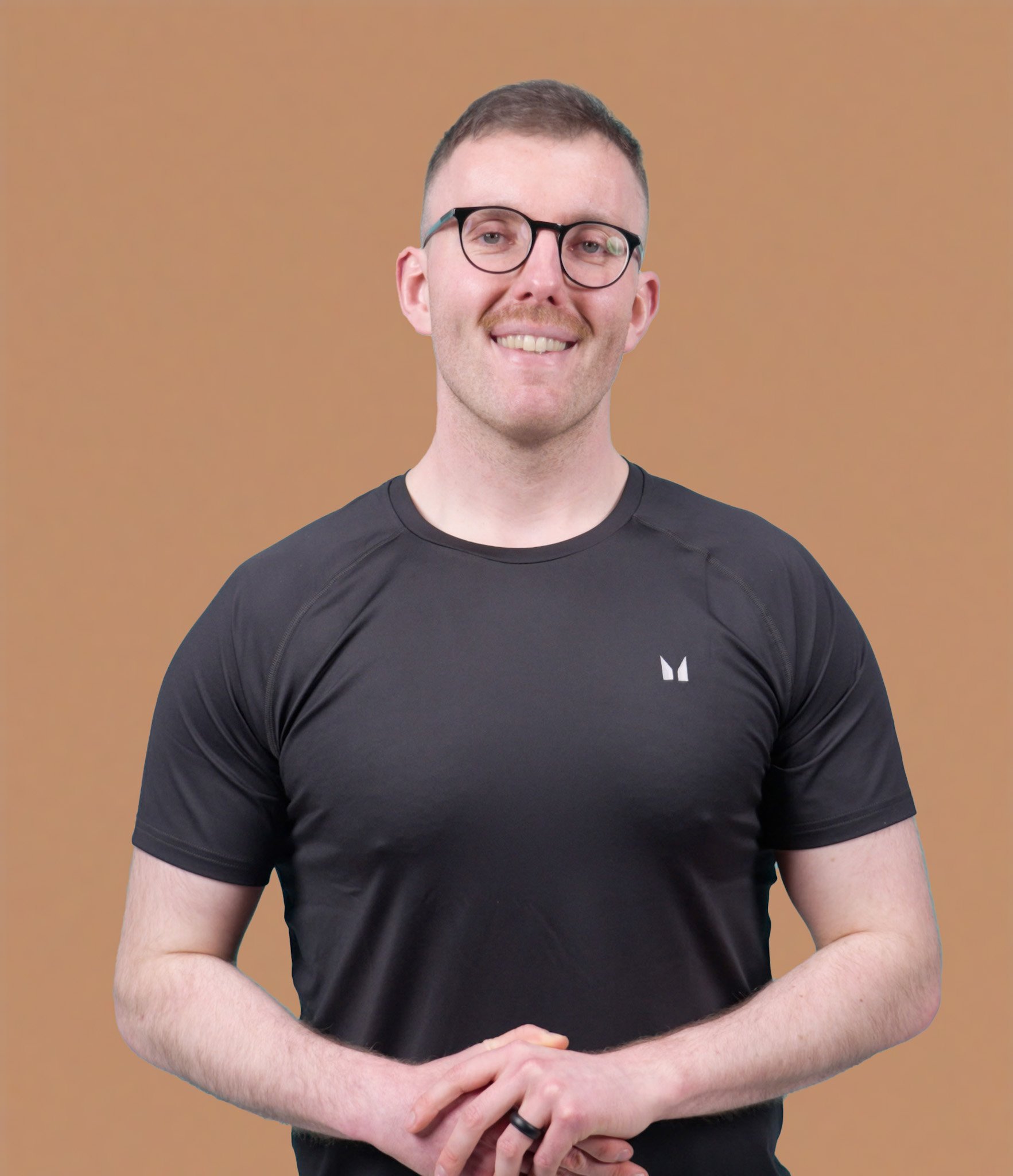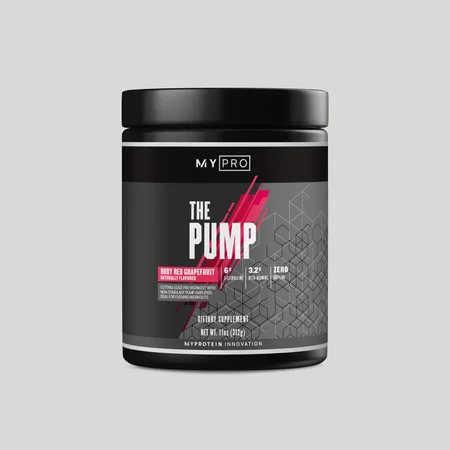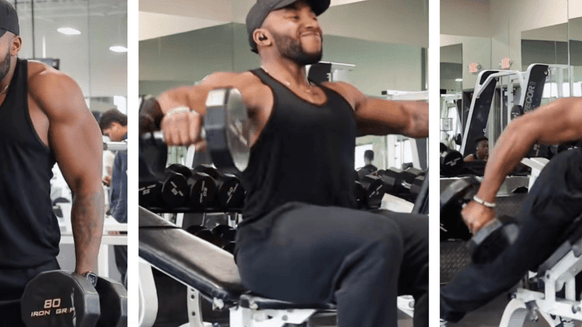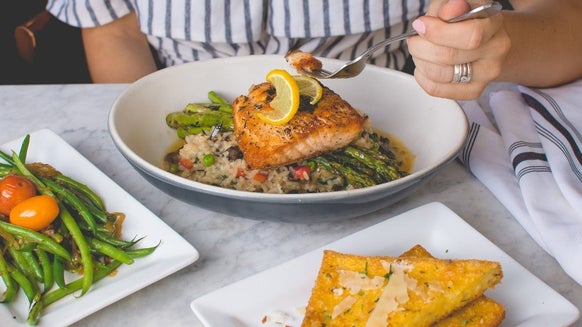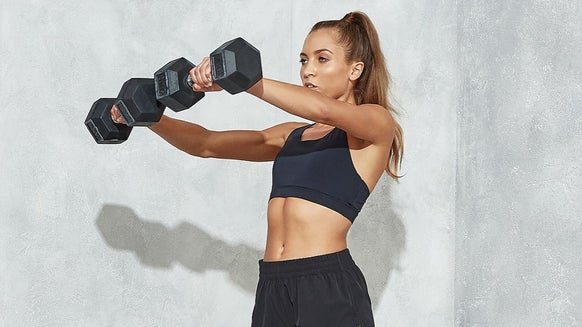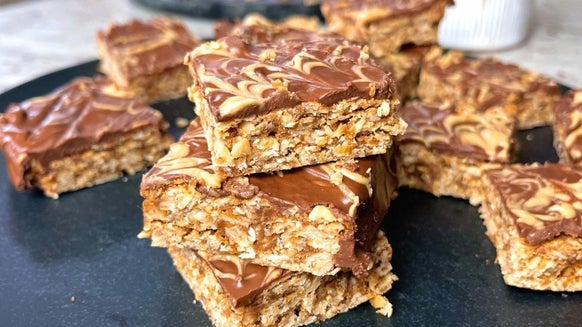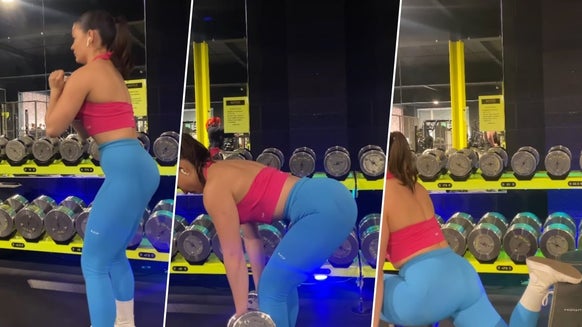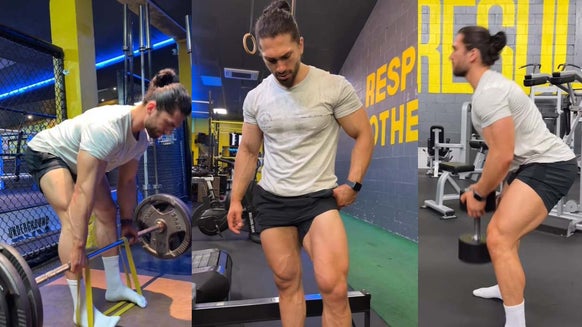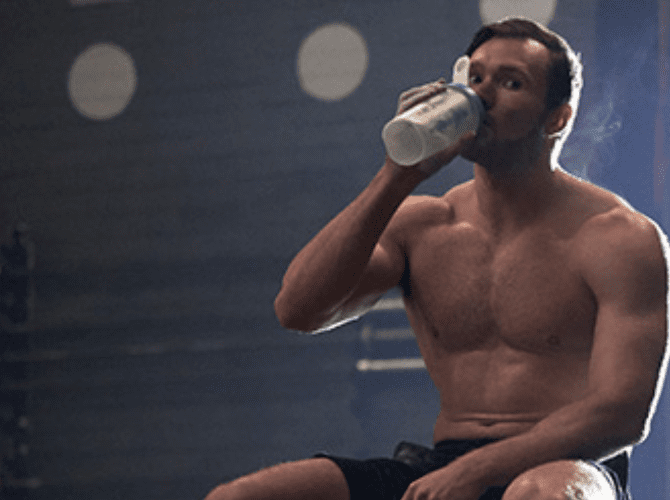
Reaching your goal just became a whole lot simpler — introducing the Myprotein build-your-own-bundles.
The Build Muscle build-your-own bundle allows you to tailor products to suit your individual goal. Choose from a selection of protein, bars or snacks, pre-workout blends, supplements, and a shaker, plus a detailed guide to get you started.
FAQs
What is the best muscle building supplement?
That’s a tough one … as there are so many.
My top recommendations are creatine, beta-alanine, and a potent pre-workout. And, of course, there’s one essential supplement for building muscle (and all other goals, for that matter): protein powder.
Protein powder is a calorie-efficient and convenient source of high-quality protein, the macronutrient needed for the development of muscle mass. Its cost-effectiveness and practicality basically make it a no-brainer.
Do I need protein powder to build muscle?
Protein powders are not absolutely essential if you want to put on muscle, but they are one of the most cost-effective and convenient ways to increase your protein intake.
While whole foods should remain the pillar of your diet as you need them for essential nutrients, protein powders are handy because they're a high-quality protein source that requires minimal prep, transports easily, and can be stored for a long time.
So no, you technically don't need protein powders ... but they're certainly helpful!
Do I need supplements to build muscle?
You don't need supplements to build muscle. What you need is to stimulate your muscles to grow through training, fueling your performance, and recovery through diet, and allow your body to recover properly with adequate rest.
Creatine, beta-alanine, pre-workouts, electrolytes, protein powders, and other supplements may be beneficial in helping you make progress and achieve your goals.
However, they should not be relied upon as the foundation of muscle growth and change. As their name suggests, they should be seen as an extra part of a well-structured training and nutrition plan, helping you to make great rather than good progress.
What supplements support muscle building?
Several supplements are good for supporting muscle building, among them protein powder, pre-workouts, creatine, and beta-alanine, but they must be taken alongside a high-protein diet and a proper training plan.
Creatine essentially works as an energy "recycler". It's one of the most-researched sports supplements and has been shown to improve strength performance when taken consistently over a long period of time.
Beta-alanine is another good supplement for improving physical performance. It's best taken in two 3g doses before and after training, although try a 1.5g dose if you're new to it.
Can you build muscle with plant protein?
You can build muscle with plant protein, but you need to be aware of a few things if this is your goal. The problem with many plant sources of protein is they don't contain all the "essential" amino acids needed for muscle growth.
While animal products, such as whey protein, are "high-quality" protein sources, as they often contain these essential amino acids, vegans and vegetarians can combine multiple plant-based protein sources to ensure they get all the necessary amino acids needed to put on muscle.
There are also some complete plant proteins, such as soy, that can be included in a vegan diet. If you are looking for a protein powder, a soy-based option or plant protein blend powder may be a good choice.
How should I take supplements to build muscle?
For building muscle, supplement intake and timing right is key for getting maximum performance-boosting benefits.
The "big three" supplements for building muscle are caffeine, creatine, and beta-alanine, which are all commonly found in pre-workout powders.
Consistency of consumption is more important for creatine, caffeine should be taken between 30-60 minutes before training, and beta-alanine should be taken in 1.5-3g doses before and after training.
Want more advice?
READ THESE NEXT:

A Beginner’s Guide to Boxing Training
Thinking of getting into boxing? This beginner’s guide has everything you need t...
